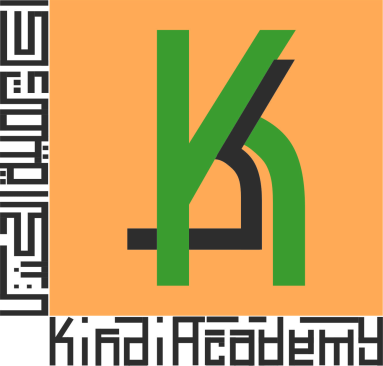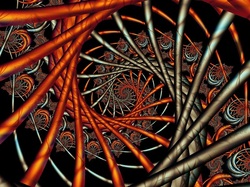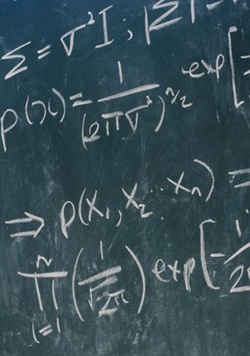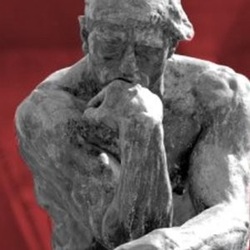- Main
- Academics
- Registration
- Summer Program
-
Parents
- 2023 - 2024 Calendar
- 2024 - 2025 Calendar
- Events Calendar
- Events of the Month
- Student Absence Form
- Bus Service Enrollment
- Parent Teacher Conferences
- Spelling Bee 2024 >
- Fun Lunch Order
- FACTS Tuition System
- Uniform Code and Ordering
- Sycamore Education
- Office 365 Login
- Clever Portal
- Volunteering Hours Entry
- Emergency Closings
- Bullying Policy
- Parent-Student Handbook
- Donate
- The Buzz
- Teachers
- Employment
1736 Middleton Ave . Lisle . IL . 60532 [email protected] P: 630-560-4900 F: 630-914-6969
Kindi Academy is a 501(c)(3) Organization. Our EIN is 45-3822869
Kindi Academy is a 501(c)(3) Organization. Our EIN is 45-3822869






